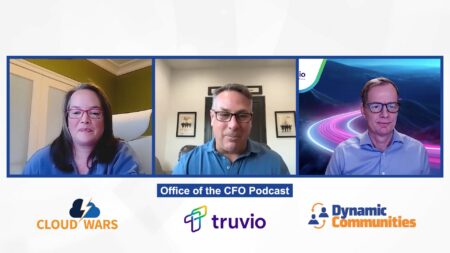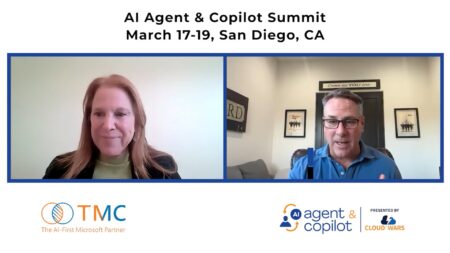
The healthcare industry has long been at the cutting edge of AI, capitalizing on the immense capabilities that the technology has to streamline critical medical and administrative processes. Now, Microsoft has announced a series of AI tools to help bolster innovation in the sector.
A Focus on the Healthcare Industry
Excessive administration tasks are a major contributor to burnout in the healthcare sector. The aim of Microsoft’s latest developments in Microsoft Cloud for Healthcare is to enable faster build times for AI applications and make administrative tasks more efficient for clinicians.
Microsoft’s new additions to Microsoft Cloud for Healthcare include AI models in Azure AI Studio, healthcare data solutions in Microsoft Fabric, Copilot Studio’s healthcare agent service, and an AI-powered workflow for nurses. “We are at an inflection point where AI breakthroughs are fundamentally changing the way we work and live,” said Joe Petro, corporate vice president, Healthcare and Life Sciences Solutions and Platforms at Microsoft.
“Across the broader healthcare and life sciences industry, these advancements are dramatically enhancing patient care and also rekindling the joy of practicing medicine for clinicians. Microsoft’s AI-powered solutions are helping lead these efforts by streamlining workflows, improving data integration, and utilizing AI to deliver better outcomes for healthcare professionals, researchers and scientists, payors, providers, medtech developers, and ultimately the patients they all serve.”
New Capabilities
Microsoft’s new healthcare AI models for the Azure AI model catalog enable healthcare organizations to incorporate and analyze healthcare-specific data types such as medical imaging and clinical records. These foundational models make it easier for healthcare providers to build and deploy specific AI applications for targeted medical use cases.
Healthcare data solutions in Microsoft Fabric, now generally available, provide healthcare institutions with a unified AI-driven data platform capable of handling and presenting complex, unstructured healthcare data. There are also new capabilities in public preview including healthcare governance, conversational data integration, care management analytics, and data discovery solutions.
Regarding Copilot, Microsoft has announced the public preview of its healthcare agent service in Copilot Studio which enables users to build agents for tasks such as appointment scheduling, clinical trial matching, and patient triage.
Finally, Microsoft has announced that it is collaborating with a range of healthcare institutions to develop an AI solution for nursing documentation. The workflow will draft flowsheets for nurse review, meaning practitioners have more time to focus on clinical care.
Closing Thoughts
AI technologies are often seen as a way to increase growth through improved efficiency. However, in the healthcare sector, these technologies tackle use cases that far exceed competitive advantage.
Burnout has a major impact on healthcare outcomes. Using AI, Microsoft is focusing on addressing an issue that, at first glance, isn’t as clearly related to tech as say medical imaging. However, this new development from Microsft highlights not only the scope of its AI innovation but the scope of AI as a transformational technology.

AI Agent & Copilot Summit is an AI-first event to define opportunities, impact, and outcomes with Microsoft Copilot and agents. Building on its 2025 success, the 2026 event takes place March 17-19 in San Diego. Get more details.








